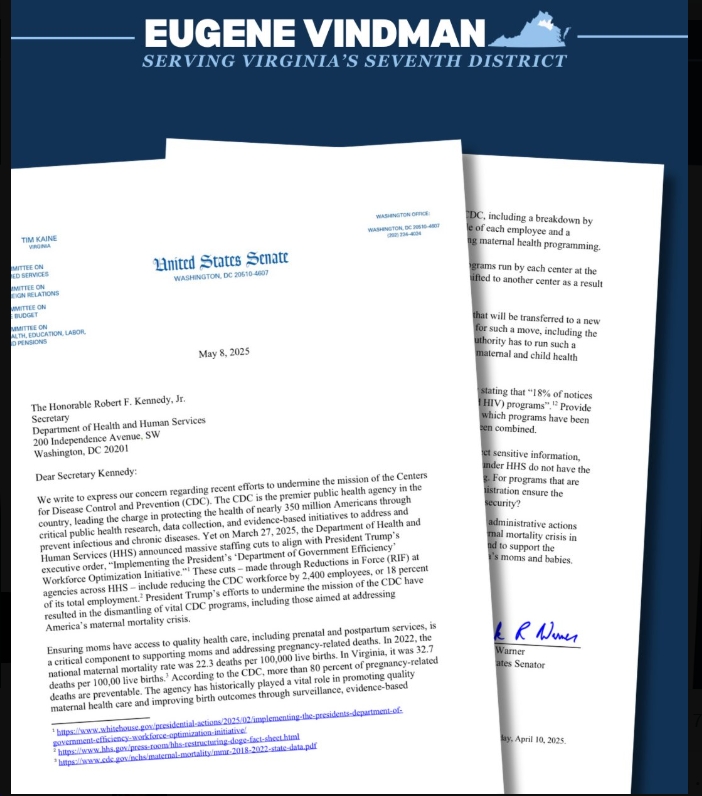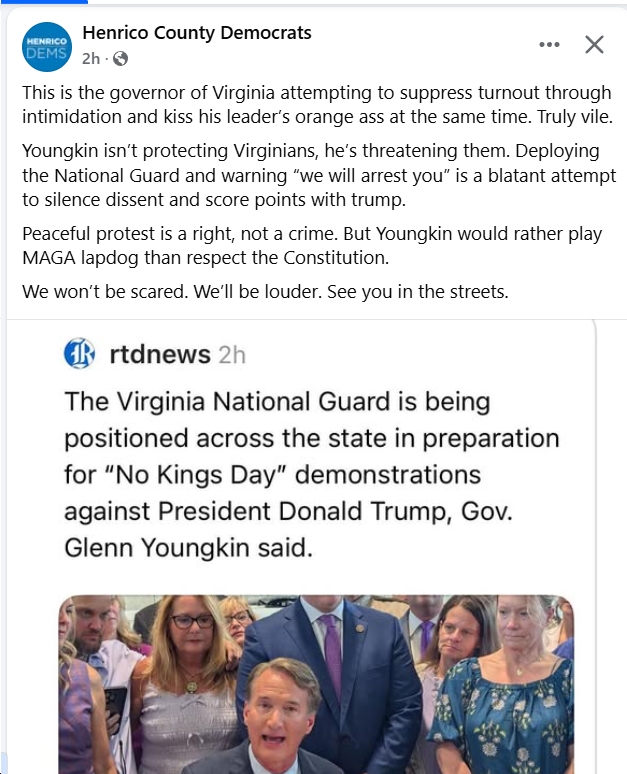“If you tell a lie often enough, it becomes the truth.”
A stark quote that has been variously attributed to both Joseph Goebbels and V.I. Lenin, two tyrants and liars who were masters of propaganda. In fairness, though, William James, the father of modern psychology, once said something similar. Indeed, proselytizers, advertisers, and marketers, all employ the technique. That is because reciting a claim repeatedly until their audience is familiar with it is an excellent tool of persuasion. Over time, the claim enters the lexicon of conventional wisdom.
So, if you wonder why the controversy over Hillary Clinton’s private server and the emails never goes away, a lot of it has to do with partisan politics and those who work overtime to make these accusations stick, whether there is evidence or not (here is a pretty good article from Paul Waldman of the Washington Post that makes the same point.
Regardless of how many congressional investigations the Republicans have conducted, no smoking gun has ever emerged. No solid evidence backs up their accusations despite all their searching.
People are honestly confused by all the innuendo and do not know what to believe. Did Hillary Clinton use bad judgement? Did she put the nation’s security at risk by mishandling classified documents? Why did she use a private server anyway, and is she being investigated for it? Will she be indicted?
To the last question, probably not. The FBI is investigating the server to see if there were any security breaches. So far, they have concluded there is no evidence the private server was hacked. And they have stated Clinton is not the subject of a criminal investigation.
To the question of judgment, the general agreement is that yes she did use bad judgment. I agree with that. But at the time she set up the server, the State Department did not forbid it. While they strongly discouraged the use of private email accounts and servers, there was no regulation against it, so she broke no rule, regulation, or law. And she was far from the only person who circumvented the government’s servers and email accounts. Indeed, Colin Powell famously stated he did the same thing. There has not been one investigation of him. Nor any accusation that he endangered national security or even that he flouted rules of transparency. Further, other government officials, in all administrations, have conducted official business over private email accounts. And probably all for the same reason. To get around FOIA requests and keep reporters at bay. That is why it should not be done.
There are systems and processes to protect documents that pose security risks or that have other legitimate exemptions from FOIA, so public officials have a responsibility to let the system work. And they have a responsibility to let the public see documents about how their government works and makes decisions. Before anything else, they are public servants, accountable to the citizens of this country.
Still, when Colin Powell, Hillary Clinton, and a host of officials and employees use private email accounts and set up servers, they could be reacting to a sincere concern for the security of the government’s systems. The servers of both the State Department and the Office of Personnel Management (OPM) have been hacked several times. In OPM’s case, the records of most federal workers have been compromised and put at risk, including investigation forms for top-secret clearances. Identities of covert employees could be at risk too. So, this was a serious security breach.
Given that, Hillary Clinton’s server probably was safer from a national security standpoint. But that still brings us to perhaps the most serious charge against her, that she mishandled classified documents. That is also the charge with the least merit.
First, Hillary Clinton, as a cabinet secretary, had the legal authority to classify or declassify documents. So, if she did declassify a document and put it on a server it would have been well within her legal right to do it.
Furthermore, all of the documents labeled secret or top-secret were classified as such retroactively, often two years after she left office. The intelligence community in response to the investigations and the FOIAs reclassified them because the various intelligence agencies did not want the information to be revealed to the public during a routine congressional hearing. In many cases, the State Department did not agree with the reclassification. And many in government are debating the issue of over-classification. In fact, the tendency to over-classify documents has been called “ridiculous” by those in government dealing with this hot issue.
Up to a point, the congressional investigation was valid. Making sure the private server was secure, that no sensitive information was compromised, and that no laws to ensure transparency were broken is legitimate. But that legitimacy crossed into partisan and suspect territory long ago. In fact, the Republicans have been using these investigations to advance their opposition research on the taxpayer’s dime, something for which they should now be investigated for waste, fraud, and abuse of public funds.
At this stage, it is becoming clear that the Republicans in Congress are on a fishing expedition for political advantage. They hope that repeating the same disinformation will stick with the public and persuade voters that Hillary Clinton is a lawbreaker and a danger to national security. None of that is true.
Where there is smoke, there is not always fire. But there may be a partisan hack, fanning the flames by using the oldest political propaganda trick in the book.


















